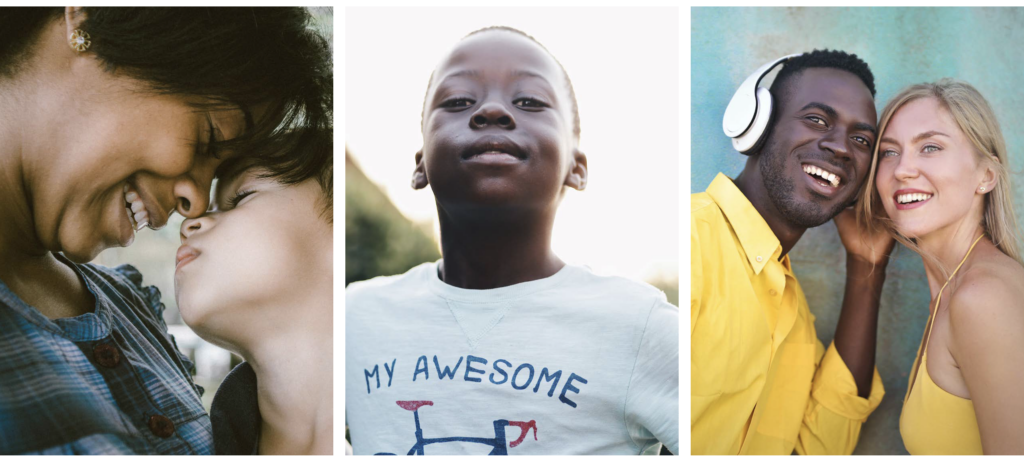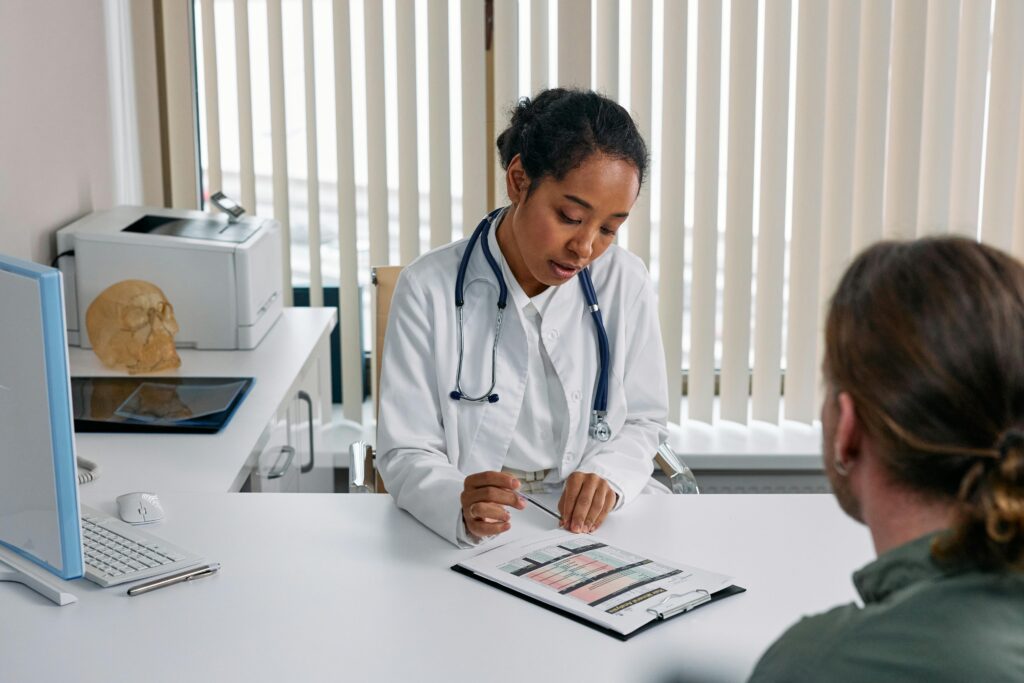Dear friends,
When the Los Angeles fires ignited nine days ago, our lives and those of our team members dramatically changed. Most of the HealthBegins staff lives in LA.
So far, all of our team members’ homes are intact, which makes us lucky. But we have lived the past nine days in a terrifying, suspended state. We have packed our documents and photos, watched fire maps, waited for evacuation orders, worn masks, wondered if our water was safe to drink, and wiped the ashes of our neighbors’ homes from our windowsills. Our children have wondered which precious toys they would take if we fled. And most importantly, we’ve felt the gut punch of news that friends and family—and then more friends and family—have lost their homes.
Dozens of people have died and tens of thousands of people have lost their homes, possessions, and communities. Countless more have lost their livelihoods. Yet we won’t grasp the full impact of this disaster for months or even years to come.
Even now, as ash falls like snowflakes onto our homes, we need to recognize something important about where the deeper impact will land and how it will call on us to respond.
Much like the COVID-19 pandemic, the fires raging through LA reveal again that disasters can quickly cut across societal divides. We’re all in this climate crisis together. Yet we weather it with vastly different resources. The people displaced in LA include not just celebrities and millionaires but thousands of working families with no savings or those whose only source of wealth was their home. People with means can also insulate themselves from the toxic compounds now permeating LA’s air, water, and soil; many others cannot.
The vivid truth is that a disaster ravages everyone but especially those whom society leaves vulnerable. It exposes the inequities that result from injustice. The LA fires have laid bare the precarity in which so many of our neighbors already lived. Previous disasters have done the same.
This inequity demands that we collectively ask not just whether we will recover, but how. In the short and long term, we must marshal the care, commitment, and money flowing from this moment to recover in a way that strengthens us all, with equity at the center of our efforts. Not just to prepare for future fires but to ensure that everyone has access to healthier, more secure lives.
In the early days of the pandemic, HealthBegins and partners forged the Community Based Workforce Alliance for just this purpose. We grounded our work in first principles to ensure that federal and local response and recovery efforts centered community expertise, supported local employment, and fostered equity. We need to anchor in similar principles now—and demand that our leaders in government, health care, social services, and the private sector do the same.
We must also hold leaders accountable for action. The largest source of public assistance—federal disaster aid—is now in question as President-Elect Trump threatens to withhold funds from states that don’t follow his policies. Many advocates warn that the new administration’s broader policies, from health care to food support to immigration, could also undercut health and equity. We need to remain vigilant and proactive.
Already, thousands of Angelenos are rallying to our neighbors’ aid. HealthBegins team members have distributed food and clothing, cared for children whose daycares burned, and opened our homes to displaced friends and strangers. The long-term recovery must build upon this strength of community and enable more of it. Because the invisible loss that disaster survivors experience and that recovery operations rarely contemplate is the social fabric of community.
Recovery policies and programs should be designed intentionally to reknit that fabric—which supports everyday health and equity even without disasters. “…Restoring community connectedness counts just as much as rebuilding physical structures,” writes emergency management officer Noah Rubenstein. “It is, in fact, the driving factor that fosters resilience—an asset we will need to tap time and again in an increasingly disaster-rich world.”
What is our role to play?
Right now, if you want to help you could assist in person or donate money to a vetted aid organization.
Next week, next month, and next year, remember that, as Angeleno poet Amanda Gorman wrote, “The hardest part is not disaster, but the after.” True recovery takes years, and those who had the least support to begin with need the most lasting assistance.
Channel your compassion for bereft families into a sustained effort. If you would like to be in community with other Upstreamists and hone skills to support policy change, you can sign up to stay in touch about our Leadership Academy. Demand that the benefits of response and recovery, including investment and employment, go equitably to the hardest-hit communities. Insist that reform efforts be structured to build well resourced, interconnected public agencies that serve the whole public, not only those who can afford private firefighters. Direct your dollars and hours into efforts that enable neglected communities not just to erect new buildings, but to thrive—not only in disaster but in the after.
Best,


Rishi Manchanda, MD, MPH. Sadena Thevarajah, JD
Featured content
HealthBegins Brief: Addressing Climate Health Inequities With The Community Health Needs Assessment
This HealthBegins Policy and Practice Brief invites every healthcare organization to immediately begin addressing the impact of climate change on health at the community level and with community participation.
Immigration Enforcement in Healthcare Settings: How to Prepare and Respond
Many of our healthcare partners are asking how they should prepare for potential ICE encounters on their premises and respond in the interim to concerns among patients and staff. These questions, answers, and resources provide some guidance.
To Build Effective Social-Care Investments, Change the Narrative About Them
The lesson for everyone working at the intersection of health and social care is this: to build sustainable partnerships that effectively address health-related social needs, we need to examine and challenge our underlying perceptions of value.



